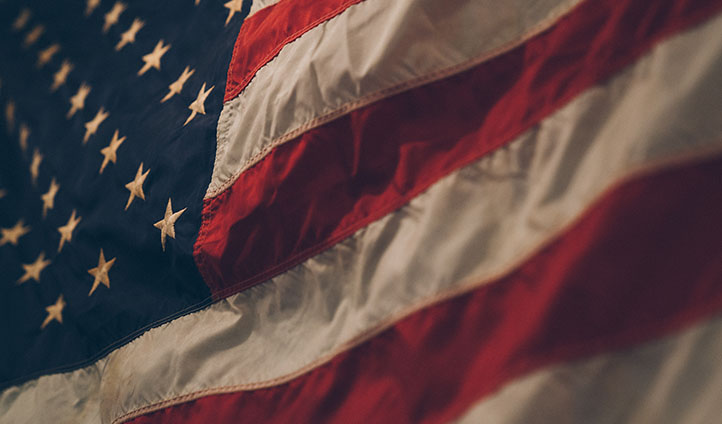Menu
Hot-Topics
February 19, 2026 | SCOTUS Reaffirms Fourth Amendment Standard for Police Responding to Household Emergencies
Month: December 2018

SCOTUS to Take Up Rare 21st Amendment Case
When they return to the bench in January, the justices of the U.S. Supreme Court will consider their first case involving the 21st Amendment in more than a decade. Tennessee Wine and Spirits Retailers Association v. Clayton Byrd involves the co...

Granholm v Heald Defines Relationship Between 21st Amendment and the Dormant Commerce Clause
In Granholm v Heald, 544 U.S. 460 (2005), the U.S. Supreme Court held that state laws that allow in-state wineries to directly ship alcohol to consumers, but prohibit out-of-state wineries to do the same, run afoul of the Dormant Commerce Clause in ...

Will Supreme Court Abolish Deference to “reasonable interpretation” in Kisor v Wilkie?
The U.S. Supreme Court recently agreed to hear Kisor v Wilkie, which has the potential to be a blockbuster in the area of administrative law. The question before the Court is whether it should overrule Auer v. Robbins, which hold that courts mu...

Auer v Robbins Established Deference to Agency’s Interpretation of Its Own Regulations
In Auer v Robbins, 519 U.S. 452 (1997), the U.S. Supreme Court established the standard that courts should apply when reviewing an executive agency’s interpretation of the regulations it established under federal legislation. In a unanimous decis...

How a Frog Habitat in Louisiana May Begin to Curb Administrative Agency Power in Weyerhaeuser Company v United States Fish and Wildlife Service
The U.S. Supreme Court has sent Weyerhaeuser Company v. United States Fish and Wildlife Service, 586 U. S. ____ (2018), back to the lower court. It remains to be seen whether this seemingly simple case of statutory interpretation may also signal th...
Previous Articles
SCOTUS Decision in Bowe v. United States Is First of the 2026 Term
by DONALD SCARINCI on February 5, 2026
In Bowe v. United States, 607 U.S. ___ (2026), the U.S. Supreme Court held that Title 28 U.S.C. § ...
SCOTUS Rules State Can’t Immunize Parties from Federal Civil Liability
by DONALD SCARINCI on January 29, 2026
In John Doe v. Dynamic Physical Therapy, LLC, 607 U.S. ____ (2025) the U.S. Supreme Court held that...
Supreme Court to Address Racial Discrimination in Jury Selection
by DONALD SCARINCI onWhile the U.S. Supreme Court has concluded oral arguments for the year, it continues to add cases t...
The Amendments
-
Amendment1
- Establishment ClauseFree Exercise Clause
- Freedom of Speech
- Freedoms of Press
- Freedom of Assembly, and Petitition
-
Amendment2
- The Right to Bear Arms
-
Amendment4
- Unreasonable Searches and Seizures
-
Amendment5
- Due Process
- Eminent Domain
- Rights of Criminal Defendants
Preamble to the Bill of Rights
Congress of the United States begun and held at the City of New-York, on Wednesday the fourth of March, one thousand seven hundred and eighty nine.
THE Conventions of a number of the States, having at the time of their adopting the Constitution, expressed a desire, in order to prevent misconstruction or abuse of its powers, that further declaratory and restrictive clauses should be added: And as extending the ground of public confidence in the Government, will best ensure the beneficent ends of its institution.
Awards





